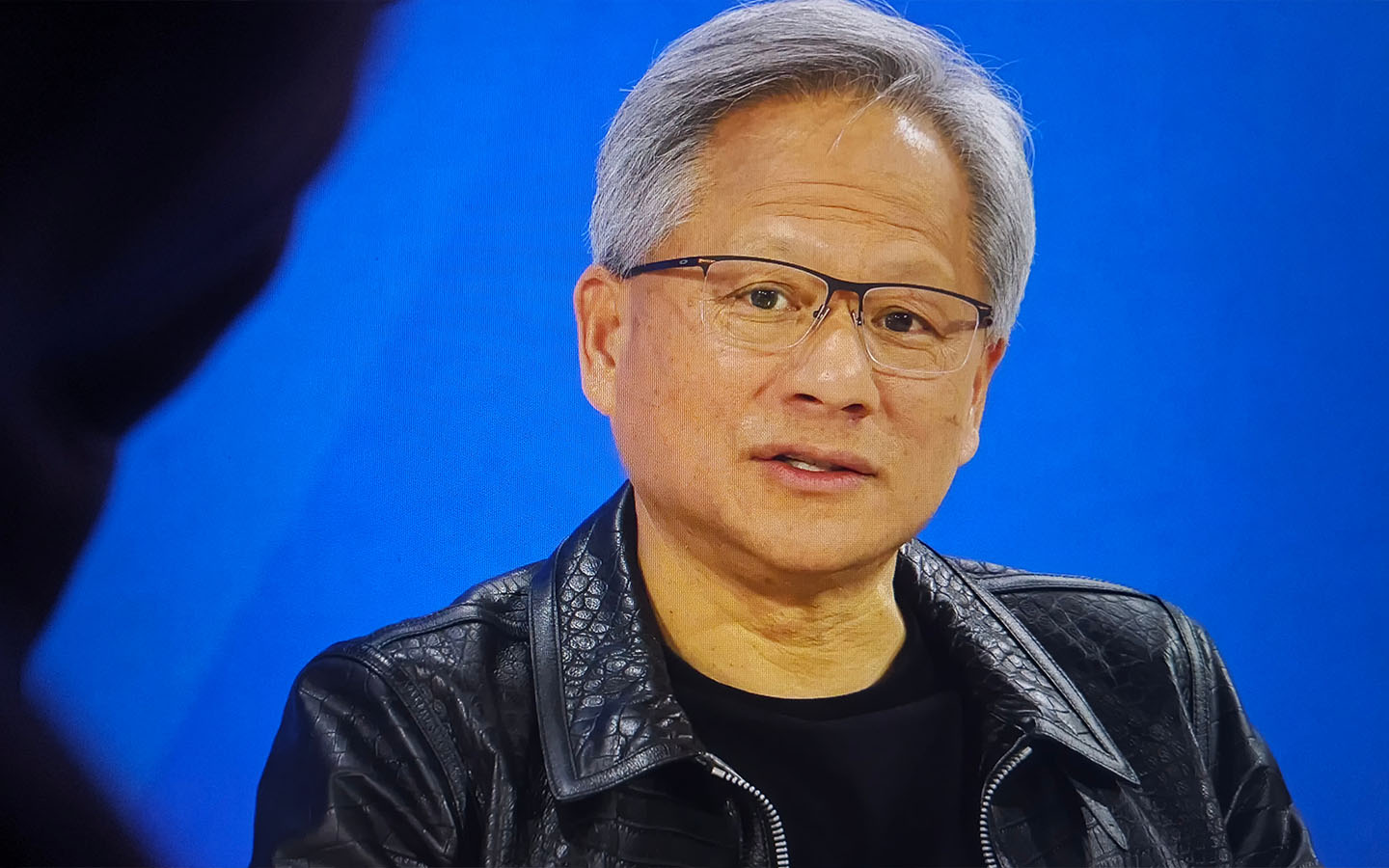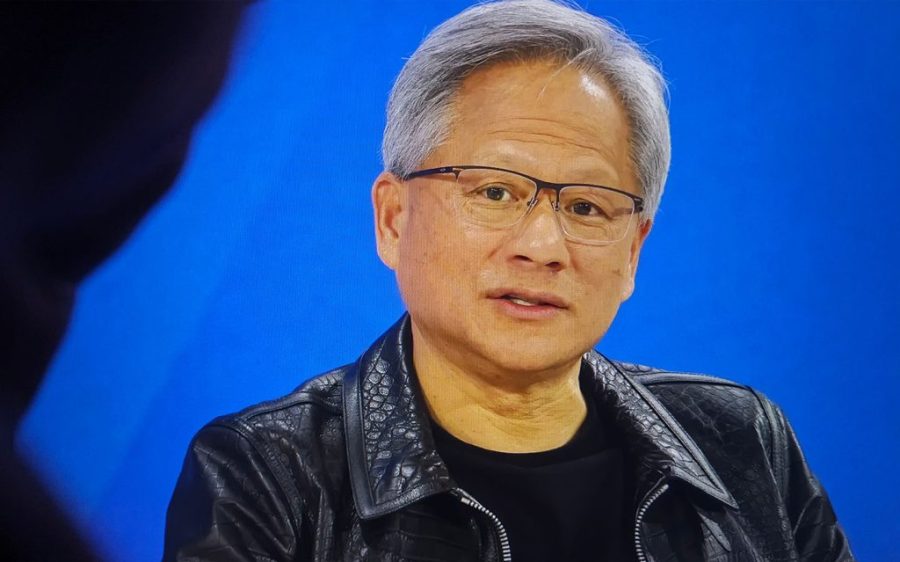Jensen Huang, the CEO of US technology firm Nvidia, has said that “China is going to win the AI race” against the US due to its less stringent regulations and cheaper energy prices.
Speaking on the sidelines of the Future of AI Summit organised by the Financial Times in London on Wednesday, Huang made it clear that the US, UK and other Western nations needed “more optimism” as opposed to “cynicism” when it comes to technological advancement.
The Nvidia head warned against the US’s lack of consistent AI guidelines, telling media outlets that “if all 50 states adopt their own rules, 50 new regulations will emerge.”
When it comes to energy, Huang also pointed out that Chinese technology firms have been able to substitute Nvidia AI chips with domestically-produced ones, thanks to subsidies that provide them with “practically free” access to electricity.
The following day, Huang issued a statement on X in which he once again highlighted the tight nature of the AI race between the US and China. “As I have long said, China is nanoseconds behind America in AI,” he wrote.
Huang’s comments on Wednesday come after US President Donald Trump said during a 60 Minutes interview last week that he was intent on prohibiting the export of Nvidia’s advanced Blackwell chips into China.
[See more: AI education is now compulsory at public schools in Beijing]
“We will let them [China] deal with Nvidia, but not in terms of the most advanced [chips],” Trump said. “The most advanced [chips], we will not let anybody have them other than the United States.”
At a developer event in Washington DC late last month, Huang voiced his frustration over government barriers, which he said were preventing Nvidia systems from making inroads among China’s large developer base.
“A policy that causes America to lose half of the world’s AI developers is not beneficial long term, it hurts us more,” Huang said.
China and the US are currently engaged in a race for AI supremacy, with the latter attempting to constrain China’s development in this area by limiting its access to AI and high-end semiconductor technologies.
Questions about the US’s lead in the AI race were raised earlier this year after the Chinese startup DeepSeek released an advanced AI model that rivalled its US counterparts at a fraction of the cost.






